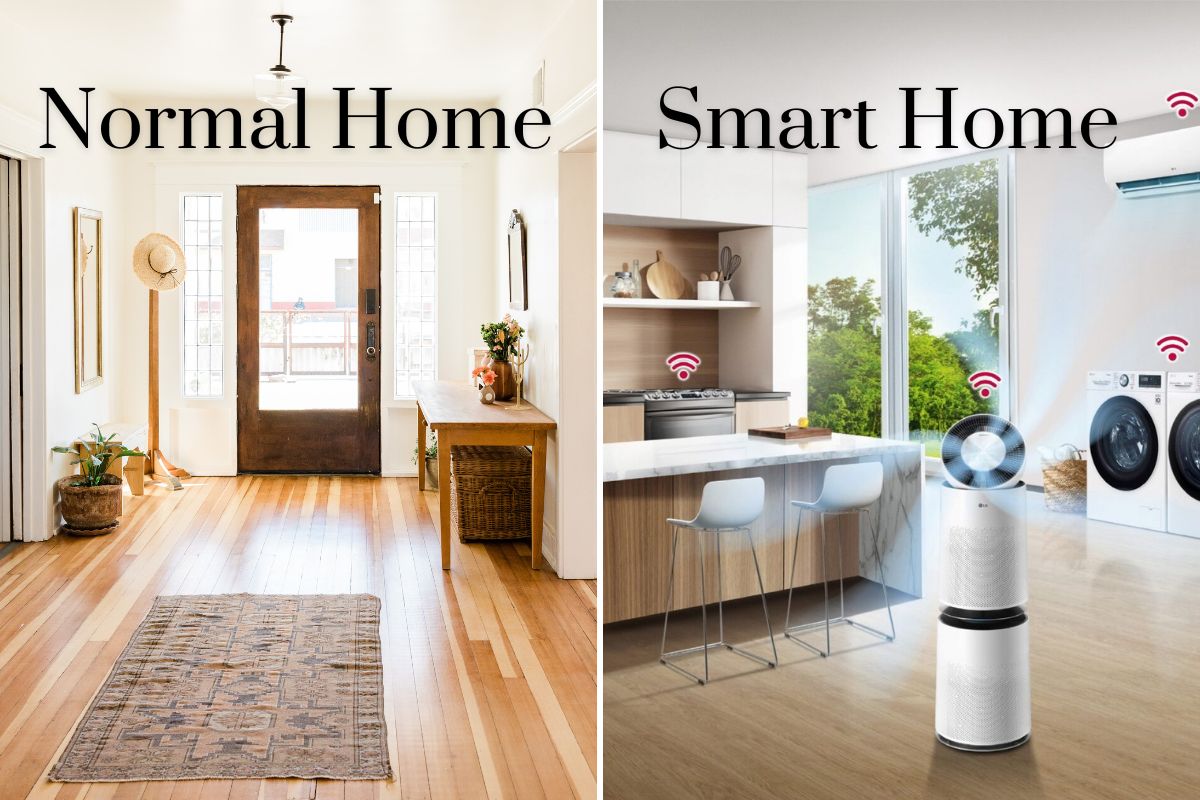In recent years, the rapid advancements in artificial intelligence (AI) have revolutionized various industries, and one area that has greatly benefited from this technology is the concept of smart homes. AI has the potential to enhance our lives in numerous ways, making our homes more efficient, secure, and convenient. In this article, we will explore how AI can improve life in smart homes, delving into its various applications and the transformative impact it can have on our daily routines.
- Intelligent Energy Management:
One of the key advantages of AI in smart homes is its ability to optimize energy consumption. AI-powered systems can analyze data from various sensors and devices to intelligently manage energy usage, reducing waste and lowering utility bills. For instance, AI algorithms can learn patterns of energy consumption and adjust heating, cooling, and lighting accordingly, ensuring optimal comfort while minimizing energy wastage. - Enhanced Security and Safety:
AI has revolutionized home security systems, making them more intelligent and proactive. With AI-powered cameras and sensors, smart homes can detect and analyze potential threats in real-time. Facial recognition technology can identify authorized individuals and alert homeowners of any unauthorized access. AI algorithms can also learn to differentiate between normal household activities and suspicious behavior, providing an extra layer of security. - Personalized Home Automation:
AI enables personalized automation in smart homes, tailoring the environment to individual preferences and needs. By learning from user behavior and preferences, AI systems can automate various tasks, such as adjusting lighting, temperature, and entertainment systems. Voice assistants, powered by AI, can understand natural language commands and perform tasks like playing music, ordering groceries, or even controlling other smart devices in the home. - Health Monitoring and Assistance:
AI can play a crucial role in monitoring and managing health within smart homes. With the integration of wearable devices and smart sensors, AI algorithms can track vital signs, sleep patterns, and activity levels, providing valuable insights into overall well-being. In case of emergencies or health concerns, AI-powered systems can alert caregivers or medical professionals, ensuring timely assistance and intervention. - Smart Appliances and Predictive Maintenance:
AI can transform everyday appliances into intelligent devices that can anticipate and fulfill our needs. Smart refrigerators can monitor food inventory, suggest recipes based on available ingredients, and even place online grocery orders. AI algorithms can also predict maintenance requirements of appliances, detecting potential issues before they occur and scheduling repairs or replacements, thus minimizing downtime and inconvenience.
Conclusion:
The integration of AI in smart homes has the potential to revolutionize the way we live, making our lives more convenient, secure, and efficient. From energy management and enhanced security to personalized automation and health monitoring, AI offers a multitude of benefits. As technology continues to advance, we can expect AI to play an even more significant role in shaping the future of smart homes, ultimately improving our quality of life.


